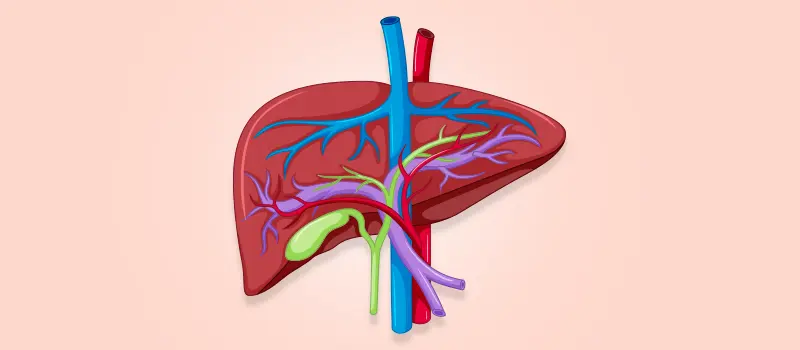
The liver is one of the most vital organs of your body. It helps in fighting infections, cleaning your blood, digesting food, and storing energy. Sometimes it could grow back to its regular functionality. Liver failure is a condition that prevents your liver from performing its functions and damages it beyond repair.
These conditions can be life-threatening and need immediate expert medical care. Dr. Piyush Ranjan is a well-known gastroenterologist and liver specialist in Delhi. His clinic is equipped with the latest technology for testing and diagnosis. Over 15 years of a distinguished career and a large number of satisfactorily treated patients are evidence of his commitment and excellence.
Various reasons can cause liver failure, some of them being medical also. These reasons include hepatitis A, B & C, hemochromatosis (a hereditary condition in which the body absorbs too much iron), liver cirrhosis, malnutrition, and long-term alcohol consumption. Tylenol overdose, viruses including hepatitis B and C, etc., are triggers that can lead to acute liver failure and rapid deterioration.
As suggested by Dr. Ranjan, the best way to prevent liver failure is to maintain a high level of hygiene, reduce the risk of hepatitis and cirrhosis, eat healthy food, and limit alcohol intake. Suppose detected early liver failure is treated by treating the underlying cause and supportive care. A liver transplant is possible in the advanced stage, which is a common procedure with a high success rate.